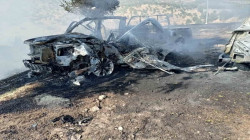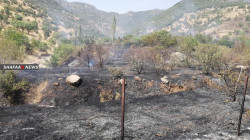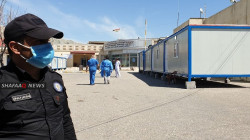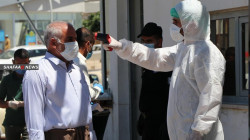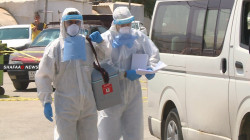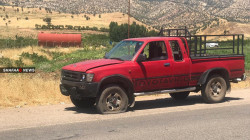Voter turnout in Duhok's special election is "disappointing", IHEC officer says
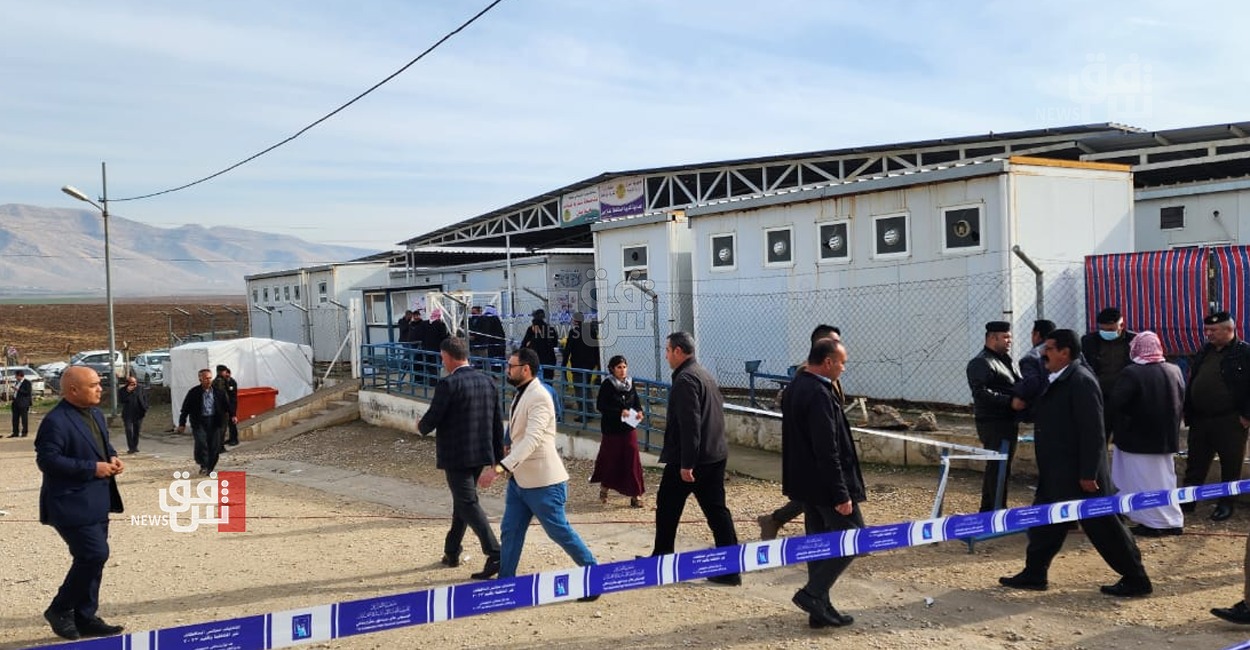
Shafaq News/ A shadow of disappointment hangs over the special election for the Duhok Provincial Council, as voter turnout among both displaced persons and security forces fell short of expectations.
Data released on Saturday by the Duhok office of the Independent High Electoral Commission (IHEC) revealed concerning figures, prompting questions about engagement and apathy in the electoral process in the governorate hosting hundred of thousands of internally displaced persons.
Director Khalid Abbas confirmed the underwhelming participation in a statement to Shafaq News Agency, saying, "the voter turnout in the special election for the provincial council does not meet the expected standards in Duhok so far."
While acknowledging operational smoothness without major complications, Abbas said voters faced "challenges" navigating the fingerprint verification technology.
However, the more pressing issue lies in the numbers themselves, he said. Displaced persons, offered dedicated polling stations to facilitate their participation, saw a turnout of only 43%.
This figure is particularly concerning considering the displacement crisis's impact on their access to civic engagement. Meanwhile, military personnel, traditionally a more active voting bloc, exhibited a slightly higher participation of 65%, though still below anticipated levels.
On Saturday, Iraqis began voting to select new provincial (or governorate) council members, who in turn will appoint governors, with the outcome seen as a bellwether for the parliamentary elections due to take place in 2025.
Saturday's vote was restricted to military and security personnel, internally displaced people living in camps, inpatients, and inmates, with the main polling set to take place on Monday. Results are expected to be announced Tuesday.
It has been more than ten years since these elections were last held on April 20, 2013. Much has changed in national and local politics since then, making these polls significant in terms of assessing party standings. In fact, three parliamentary elections have taken place since the last provincial vote. The councils were dissolved in October 2019, so local politics are completely out of sync with the national scene.
Some parties did not exist in 2013 but have gained great power over the last few years. Other parties were powerful in 2013, but have almost been wiped out in the intervening years. Added to this, governors have held power with almost no oversight since late 2019, making these elections absolutely necessary for reforming local government.
The powerful Shiite cleric and maverick leader Muqtada al-Sadr — who officially resigned from politics in 2022 amid a lengthy deadlock over cabinet formation — has called on his followers to boycott the provincial elections, saying that their participation would reinforce the hegemony of a corrupt political class.
In some governorates, his supporters ripped down electoral posters while several political campaign offices were vandalized. In the southern city of Najaf — a bastion of al-Sadr support — thousands marched on Thursday to urge a boycott of the elections.
Activists who staged mass anti-government protests in 2019 and are opposed to all the ruling parties also widely vowed to sit the polls out.
Apart from those actively boycotting the elections, many Iraqis are simply apathetic. Data showed that millions of eligible voters, especially the younger ones, are not even registered, and low turnout has been a trend since 2005.
In some areas, the elections could inflame existing political and sectarian tensions. Among them is Kirkuk, with a mixed population of Sunnis, Shia, Kurds and Turkmen, which has been the scene of a territorial dispute for years between the central government in Baghdad and that of the semi-autonomous northern Kurdish region with its capital in Erbil.
Demonstrations in Kirkuk over the handover of a key facility from federal to local Kurdish authorities turned violent in September, killing one protester and injuring others.
